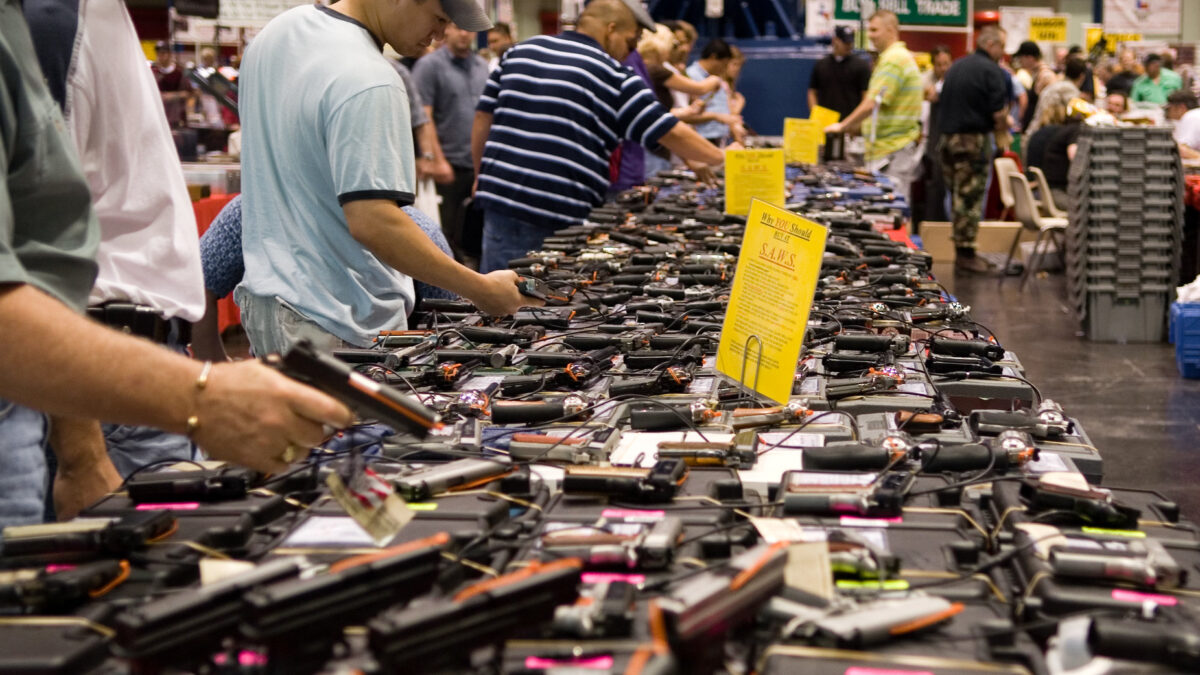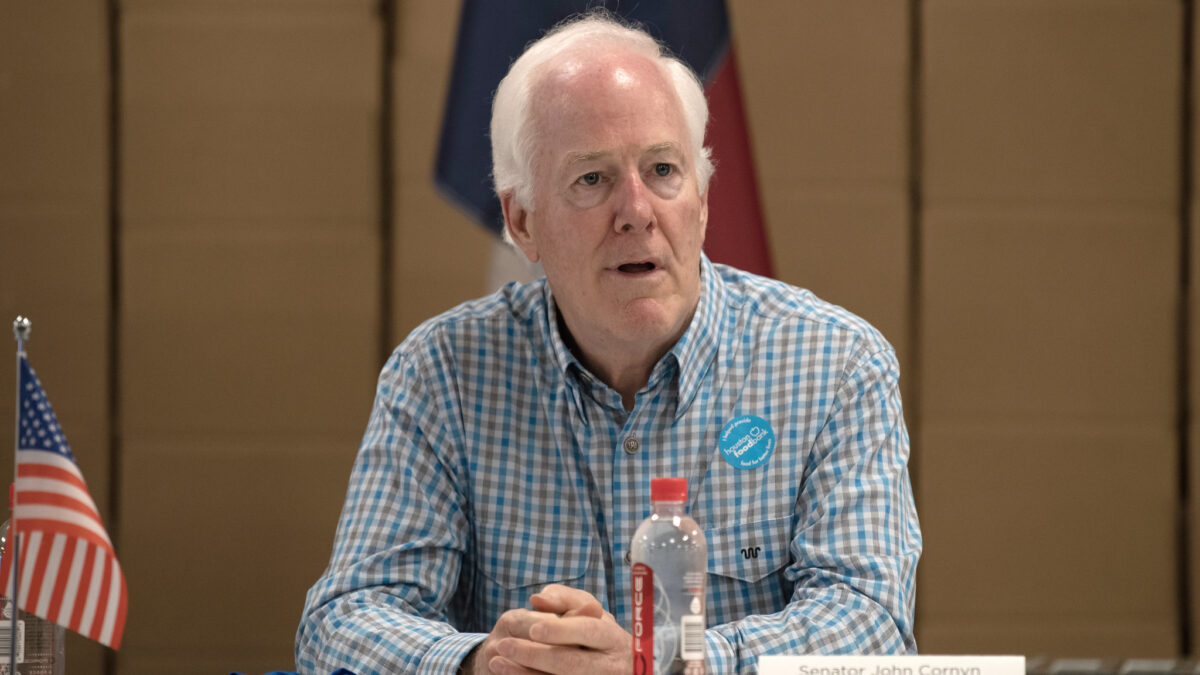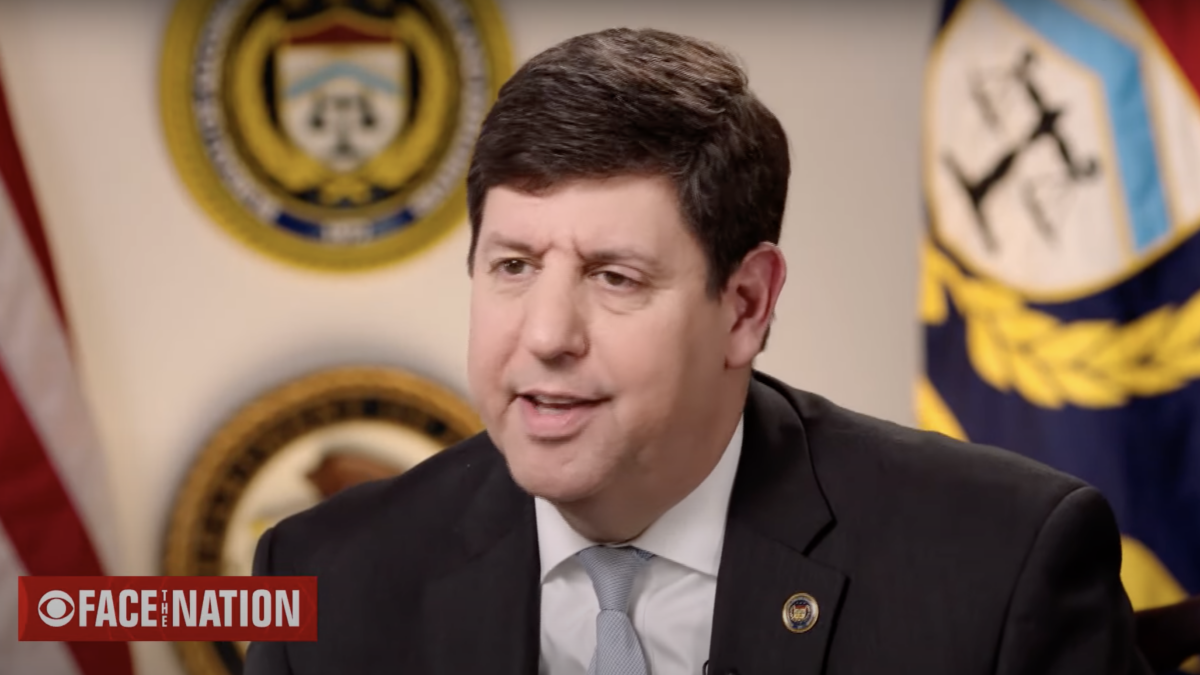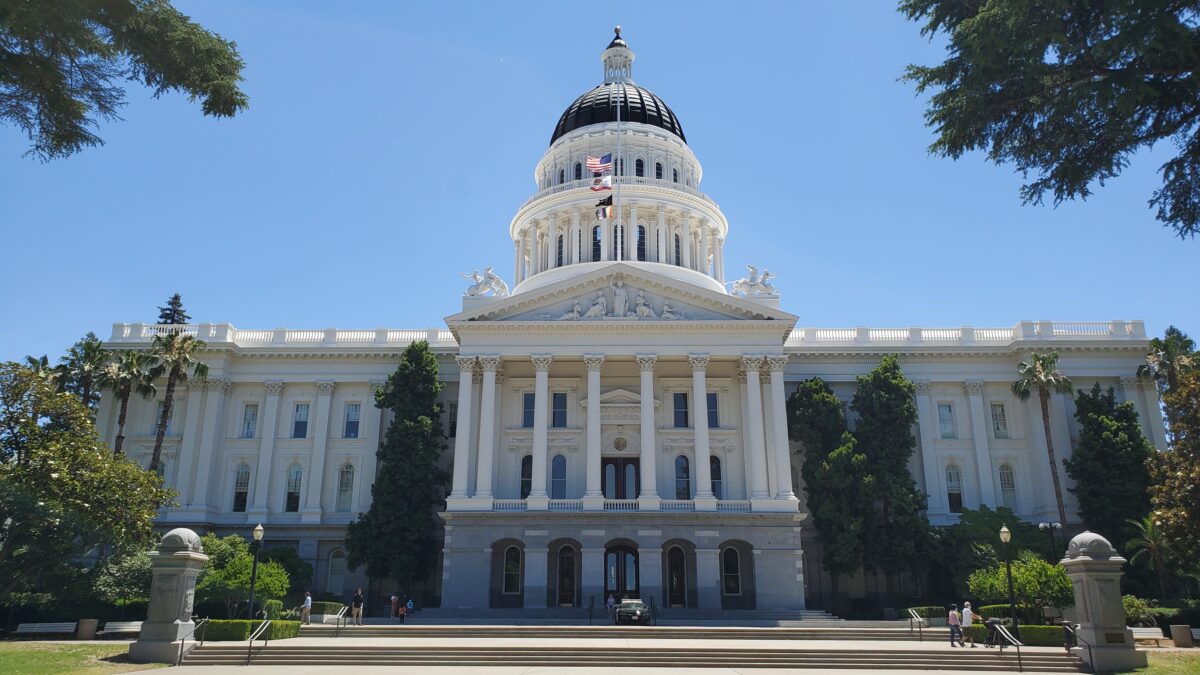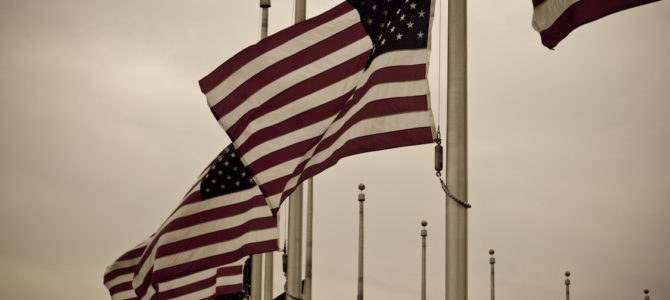
In November 2007, the novelist David Foster Wallace wrote a short essay for a special edition of The Atlantic on “The American Idea.” Writing about 9/11 and all that came after, Wallace proposed what some might consider a monstrous thought experiment:
Are some things still worth dying for? Is the American idea one such thing? Are you up for a thought experiment? What if we chose to regard the 2,973 innocents killed in the atrocities of 9/11 not as victims but as democratic martyrs, ‘sacrifices on the altar of freedom’? In other words, what if we decided that a certain baseline vulnerability to terrorism is part of the price of the American idea? And, thus, that ours is a generation of Americans called to make great sacrifices in order to preserve our democratic way of life—sacrifices not just of our soldiers and money but of our personal safety and comfort?
In still other words, what if we chose to accept the fact that every few years, despite all reasonable precautions, some hundreds or thousands of us may die in the sort of ghastly terrorist attack that a democratic republic cannot 100-percent protect itself from without subverting the very principles that make it worth protecting?
Wallace’s point was that, in the wake of 9/11, a host of policies had been put in place—the Patriot Act, warrantless surveillance, private contractors performing military duties—without a substantive public debate about the trade-offs they represented and whether they were worth it. Wallace wanted to know what it said about us as a people that we were unable or unwilling even to consider whether some things might be more important than safety.
“Why now can we not have a serious national conversation about sacrifice, the inevitability of sacrifice—either of (a) some portion of safety or (b) some portion of the rights and protections that make the American idea so incalculably precious?” he asked. And if we would not have such a conversation, “What kind of future does that augur?”
More than a decade later, we are still incapable of serious discussion of the trade-offs between safety and freedom. For the most part, we’re not even able to admit that such trade-offs exist.
Are you ready for another monstrous thought experiment? What if we decided that a certain baseline vulnerability to mass shootings is part of the price of the American idea? In some ways, mass shootings are a more apt example of what Wallace was talking about than terrorism. After all, we can arguably do something about a worldwide ideological and religious movement that uses violence as a political weapon—and we have. Whether the aggregate cost in American blood and treasure has been worth it is another question, but it suffices to say that we can do much less about a random madman intent on killing innocents than we can about ISIS and al-Qaeda.
Set aside, for now, the facile arguments for gun control half-measures that wouldn’t have stopped the Parkland shooting—or Las Vegas, Virginia Tech, Newtown, or the others. Consider instead what the Left thinks it would really take to stop these kinds of shootings: a repeal of the Second Amendment, followed by mass confiscation of firearms and subsequent heavy regulation of private gun ownership, along the lines of policies in many European countries.
I’m not trying to be provocative. That’s really what it would take. Are we willing to consider it? Should we? What does it say about us that we can’t even acknowledge the trade-offs involved in keeping U.S. school children safe? The best we could manage last week were the worn-out, ritualized responses: outraged calls for anemic gun control measures from the Left and a naive insistence from the Right that tackling “mental health issues” will somehow solve the problem.
Let’s Be Honest About ‘Common Sense’ Gun Control
The New York Times’ Bret Stephens, for one, is at least willing to be honest about the thing. Back in October, he wrote a column calling for repealing the Second Amendment. There’s of course much to criticize in Stephens’ argument, beginning with his cherry-picked statistics that fail to explain how, despite a recent surge, the murder rate, and violent crime in general, has been plummeting since the 1990s even as gun ownership has steadily increased.
I’m not going to pick apart Stephens’ piece (my colleague David Harsanyi did a fine job of that shortly after it ran). The point is that Stephens plainly states what most liberals are unwilling to admit: if we really want to stop gun violence in America, we’re going to have to make fundamental changes to our constitutional order so that the government can wrest guns out of the hands of Americans.
To suggest anything less is intellectually dishonest because anything less simply won’t work. It’s no surprise, then, that Joe Scarborough took to The Washington Post on Friday to argue for stronger background checks, a ban on bump stocks, and “assurances that military-style weapons”—whatever that means—“will stop finding their way into the hands of terrorists, domestic abusers and the mentally ill.” He puts these forward as substantive policies that will not only make a difference but won’t require rewriting the Bill of Rights, neither of which are true.
Or consider the refrain that immediately popped up on social media after the shooting: that guns should be regulated like automobiles. Sure, there are myriad ways we could do that, from requiring things like insurance and a license, to heavy restrictions on what sort of guns manufacturers are allowed to sell to the public.
But of course owning and driving a car is not a constitutionally protected right, it’s a privilege that comes with certain duties and costs. If we’re going to regulate firearms like cars, we’re going to have to decide that owning a gun will no longer be a constitutional right but a heavily regulated privilege. If we do that, we’re going to have to be honest about what that means: changing the very nature of the constitutional system America’s Founders designed.
What’s the American Idea Worth?
Here it must be said that the Second Amendment was not meant to safeguard the right to hunt deer or shoot clay pigeons, or even protect your home and family from an intruder. The right to bear arms stems from the right of revolution, which is asserted in the Declaration of Independence and forms the basis of America’s social compact. Our republic was forged in revolution, and the American people have always retained the right to overthrow their government if it becomes tyrannical. That doesn’t mean that private militias should have tanks and missile launchers, but it does mean that revolution—the right of first principles—undergirds our entire political system.
That might sound academic or outlandish next to the real-life horror of a school shooting, but the fact remains that we can’t simply wave off the Second Amendment any more than we can wave off the First, or the Fourth, or any of them. They are constitutive elements of the American idea, without which the entire constitutional system would eventually collapse.
In this, America is unlike the European nations that gun control advocates like to compare it with. Germany can restrict the right to bear arms as easily as it can—and does—restrict free speech. Not so in America. If we want to change that, it will involve a substantial diminishment of our constitutional rights as we have known them up until now. After last week’s school shooting, some Americans are okay with that, especially those families who are grieving. But I suspect most Americans are not willing to make that trade-off, and might never be—unless they suffer the same of kind personal loss.
Returning to Wallace’s thought experiment, we might rephrase it like this: is the Second Amendment worth dying for? That’s another way of asking what the American idea is worth. It’s not an easy question, and I don’t pose it lightly, as I’m sure Wallace didn’t.
But it’s one we need to ask, even in the face of heartbreaking and devastating loss. Is ours a generation of Americans called to make great sacrifices of our personal safety in order to preserve our democratic way of life? If we will not sacrifice some measure our personal safety, are we willing to sacrifice something like the Second Amendment? If so, what else are we willing to sacrifice?


